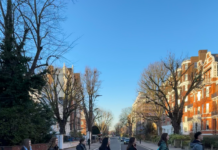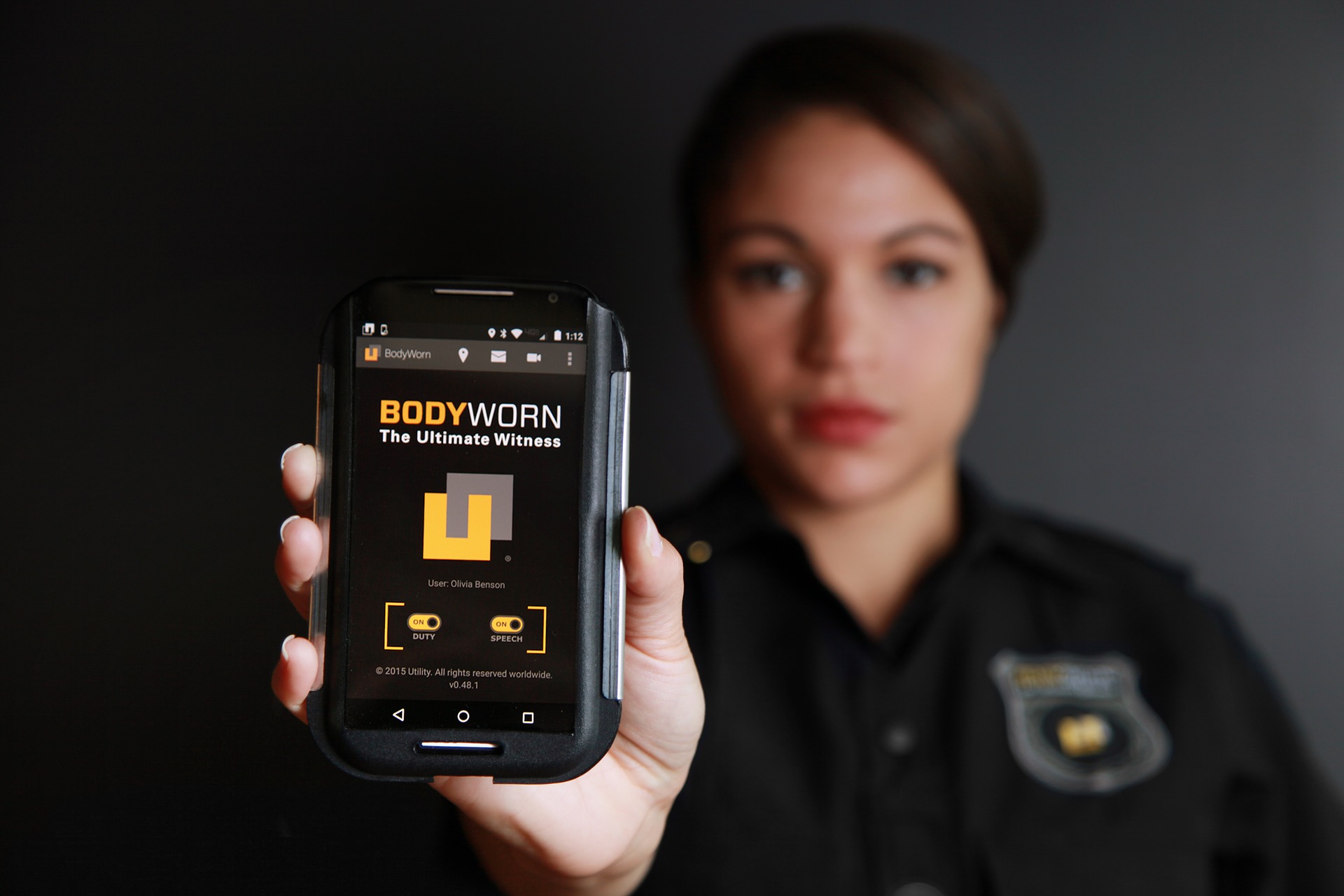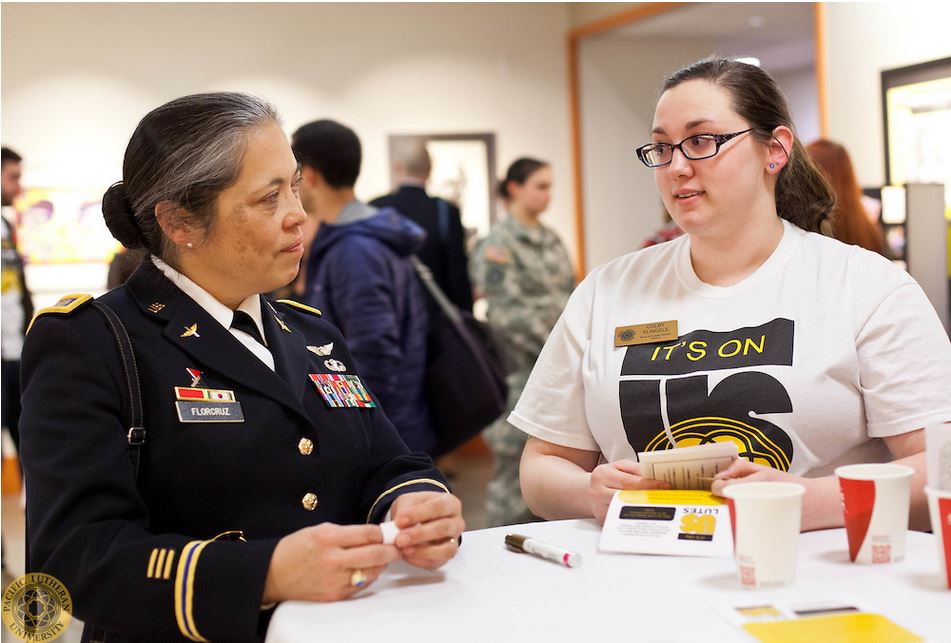MIKEY LANGNER
Guest Writer
langnemw@plu.edu
Imagine being able to see exactly what happened every time a police officer has a questionable run in with a suspect. The regulations that require police to wear body cameras are still in the trial and error process, but more agencies are starting to turn to this in the hopes that it will clear up police brutality issues.
Body cameras are becoming increasing in popularity, a significant figure backing this reform is President Obama. He is a complete supporter of all police working the street wearing a body cam. This spring the Justice Department announced a three year program budgeted for $75 million, including $20 million this year to police departments for body cameras and body camera training. Research shows , there are 88% fewer incidents of use of force and 59% fewer complaints against officers wearing body cameras.
It’s undeniable that police brutality has been a growing issue in the United States. 909 United States citizens have been killed by police this year, compared to 1,107, and 2,784 since May 2013 (copcrisis.com).
The uncertainty of not knowing exactly how things happened in cases such as the Michael Brown shooting in Ferguson, Missouri this past year have caused an uproar. There are always multiple sides to a story, and most of them are morphed and stretched to form a story vastly different than what actually took place.
Figuring out which story is true and providing the correct facts of how things really took place is always a difficult process, especially when every person claims to have seen something different.body cameras can help eliminate the element of uncertainty in such cases and even help with a speedy verdict in trials.
However, there is an issue with the body cameras being an invasion of privacy because they provide state-owned footage. Does every person want their arrest to be recorded? Are people living their everyday lives okay with showing up on the footage of an arrest?
When it comes to bystanders being on the video there is always the option of blurring their faces, which is what is likely to be done. The state of Washington has an open records law and the police in Seattle received so many requests of body-camera footage that they released videos to Youtube, and censored them beyond what is required by the state’s law.
To this point there haven’t been enough studies done to determine whether or not police wearing body cameras would have a positive or negative outcome. However, the very few studies that have been done have had some positive outcomes from the body cameras being worn, and many people believe that body cameras are the future of law enforcement. But one thing I know for sure and it’s that body cameras are slowly starting to be integrated by the police departments all over the country. A body camera on every officer may be the reality in the near future, especially with the government pouring millions into the cause.

















